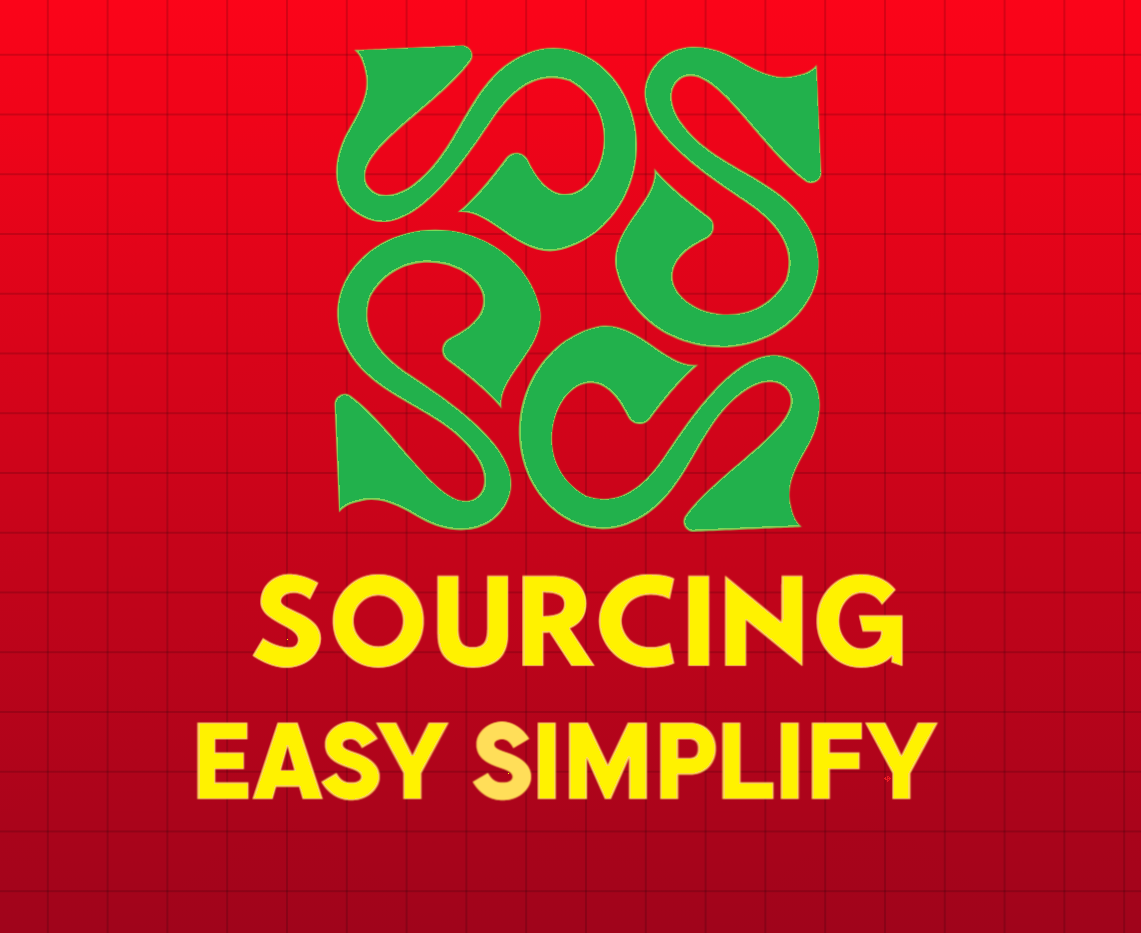Doing Business in Guyana
Guyana isn’t just booming economically—it’s a cultural mosaic. With six major ethnic groups including Indo-Guyanese, Afro-Guyanese, Indigenous peoples, Chinese, Portuguese, and Europeans, the country’s rich heritage shapes everything from communication styles to business etiquette. For entrepreneurs and investors, understanding this diversity isn’t just respectful—it’s strategic.
Building trust across cultures:
In Guyana, relationships matter. Business often begins with personal rapport, and trust is built over time. Here’s how to navigate the cultural landscape:
Respect titles and hierarchy: use formal greetings until invited to be informal.
Be patient: negotiations may take time; rushing can be seen as disrespectful.
Face-to-face matters: while digital communication is common, in-person meetings are preferred for important decisions.
Communication styles:
Guyanese communication tends to be polite and indirect, especially in formal settings. Saving face is important, so criticism is often softened or delivered privately.
Understanding the government landscape:
Guyana’s government plays an active role in shaping the business environment. Key agencies include:
Guyana Revenue Authority (GRA): handles tax registration, VAT, and compliance. Businesses must register for a Taxpayer Identification Number (TIN) and understand quarterly tax obligations.
Guyana National Bureau of Standards (GNBS): oversees product certification and quality standards. GNBS’s “Made in Guyana” mark is a powerful tool for credibility.
Small Business Bureau (SBB): offers grants, loans, and incubator support for startups and SMEs.
Ministry of Finance: coordinates foreign investment and public-private partnerships, often through Memoranda of Understanding (MoUs) with international entities.
Building relationships with government agencies:
To engage effectively:
Start with registration: incorporate your business locally and register with GRA and GNBS.
Follow standards: certification is increasingly expected, especially for manufacturing, hospitality, and health services.
Engage transparently: government bodies value clear documentation and compliance with local laws.
Leverage MoUs: international firms can benefit from bilateral agreements, like the Canada-Guyana MoU, which streamlines procurement and trade
Partnering with Guyanese businesses:
Local companies are diverse, ranging from agriculture and mining to fintech and logistics. To collaborate:
Understand the market: Guyana’s top firms include Guyana Sugar, Demerara Distillers, and Republic Bank.
Respect cultural dynamics: business is often relationship-driven. Take time to build trust and rapport.
Use directories: resources like Who's Who in Guyana Business and Bizpages Guyana offer insights into key players and sectors.
Guyana is open for business—but it’s not a plug-and-play market. Success comes from engagement, respect, and alignment with the country’s development vision. Whether you're a startup or a multinational, the key is to build relationships that go beyond transactions.
Want help? We’d be happy to walk you through it.
